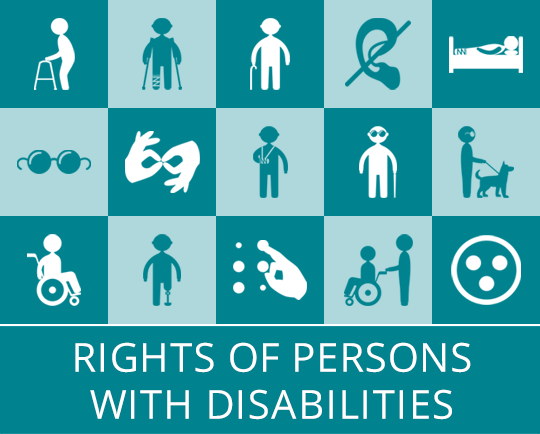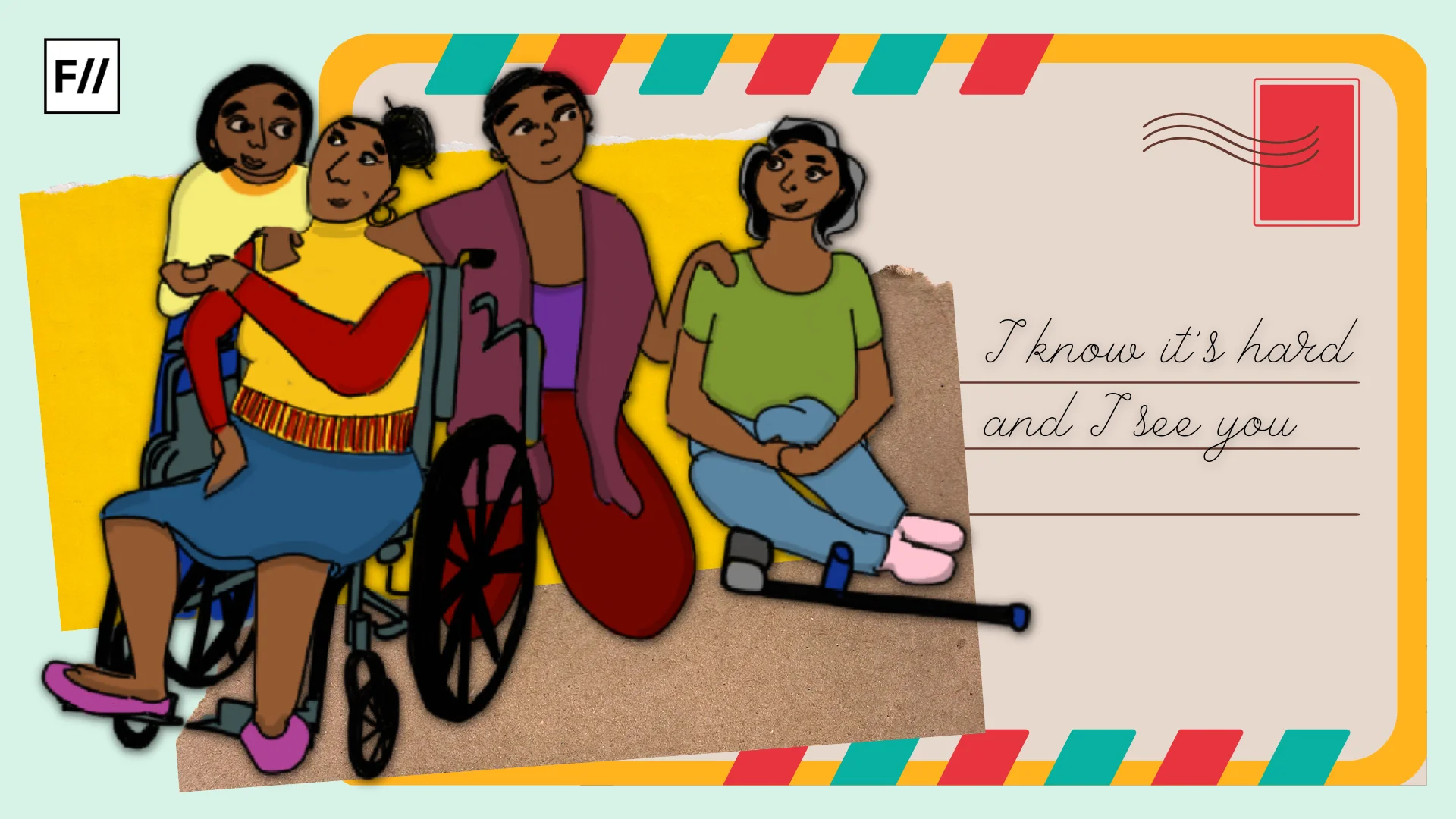Rights of Persons with Disabilities Act (RPD) was passed in December 2016 amidst cheers and joy. Though some activists were unhappy as they wanted a law more inclined towards United Nations Convention on the Rights of Persons with Disabilities (UNCRPD), the majority in the disability sector were hopeful. After all, many long years of struggles had gone into getting this legislation passed. The process of amending the existing Persons with Disabilities Act started in 1999 itself, just 4 years after the law was enacted.
So, the RPD Act seemed historical to us for many reasons. However, from the very beginning, we knew it would be a daunting task to implement it. The vast area that this law covers needs extremely careful handling so that maximum benefit goes to the primary stakeholders – persons with disabilities.
As we all know, one needs to formulate Rules so that the Act becomes implementable. Hence we were quite happy when in the month of January 2017, a notice was uploaded asking for suggestions from public to send suggestions for Government Rules. The very fact that concerned ministry took this initiative within 20 days of the RPD Act was passed at Lok Sabha brought in hope that the Government was serious about early implementation of this important law. As there was no “last date” mentioned in this notice, I sent a mail asking for same. I was duly informed that these suggestions should be sent within one month of the notification.
There are SOME new categories of disabilities included in the RPD Act. Hearing their voices while making suggestions is important.
Since our ground level work is focused on women with disabilities, we organised consultations and specifically discussed about all the gender-related clauses of the RPD Act. We formulated a few recommendations and sent them across. Within our limited resources, we tried to involve people from the newer disabilities, so survivors of acid attack & members of Parkinson’s Welfare Society were involved while drafting these suggestions.
It is important to remember here that there are number of new categories of disabilities included in this RPD Act and hence we felt that hearing their voices while making suggestions for Rules is very important. Our suggestions were sent in February within the one month time as mentioned by concerned authorities. We did not get any acknowledgement from the concerned department but we hoped that mails are opened by senior officers, as in a country like India, it is not possible for stakeholders from different parts of the country to go physically to offices in Delhi and hand over important documents.
To our dismay, we saw that a Draft was uploaded in the Social Justice Ministry’s website on 6th of March and we were asked to send comments on it. This draft did not include a single one of our recommendations – it actually excluded all the Clauses on Gender aspect of the law as well as several other important clauses. In the notification dated 6th of March, we were informed that Working Group have been formed to draft the Rules. Very interestingly, only two members with disabilities from Disabled Person’s Organizations (DPOs) were included in this Working Committee. Not a single representation from newly added category of disability was involved in this process. But it is very important for us to hear their voices as we do not have direct experience of working with these groups.
The draft excluded all Clauses on Gender AND DID NOT CONSIDER ANY OF OUR RECOMMENDATIONS.
However our dismay turned into anger when we saw yet another set of Draft Rules uploaded in Ministry’s website on 10th March. Within a span of 1 week, there were two different drafts and this time, we were alarmed. A close scrutiny of both Government Drafts showed that every single mention of “private establishments” which the RPD Act had mandated to be made accessible had been removed. A clear definition of “Neighbourhood schools” and “Special Schools” had been removed – it felt that as though the Education Chapter from RPD (Chapter III of RPD Act) did not exist. Also, there was no mention of chapters like Social Security, Health, Recreation etc. in any of the Government drafts.
One could see a pattern in omission and a bigger fear loomed large. The Government which promised us number of things in the Parliament, was now taking back their words. They seemed to be in a tearing hurry to notify the Rules, (they claimed they wanted to initiate the Rules on Ambedkar Jayanti – why Ambedkar Jayanti was fixed to make a law on Disability Rights official is beyond our understanding). They are definitely bowing down to pressures from different quarters and compromising on rights of disabled people.
Only two members with disabilities were included in the Working Committee.
I got an opportunity to discuss the Draft Rules at Delhi last week and came to know that the missing Clauses of the RPD Act will be included in a new Disability Policy. That the department could think that a Policy will be framed to implement an Act would have been laughable matter if the issue was not this serious. While discussing why there’s nothing on Education in the Draft Rules, we learnt that Education will be looked after by HRD Ministry. Have we ever heard that Rules of a Law under Social Justice & Empowerment Ministry be drafted by another Ministry? Isn’t it the Role of the Nodal Ministry to draft the same?
It seems that Government of India is trying to evade its responsibilities towards its disabled citizens. It’s heartbreaking that they are making mockery of an Act that was enacted after years of struggle and resistance. So, within three months of the RPD Act being passed, DPOs and disability groups are once again starting to agitate. And our struggle will go on.
About the author(s)
Shampa Sengupta is an activist working on gender and disability rights. She is a person with mental illness and also a primary care-giver.




